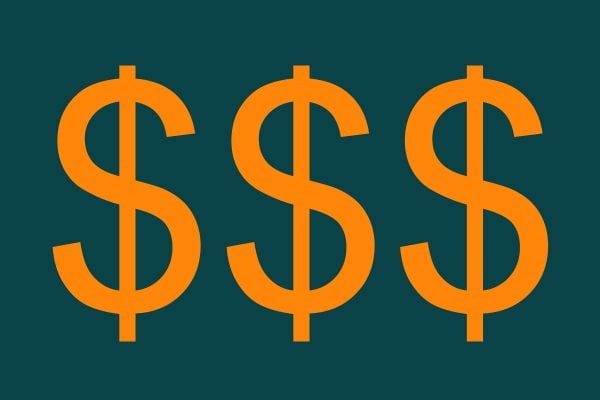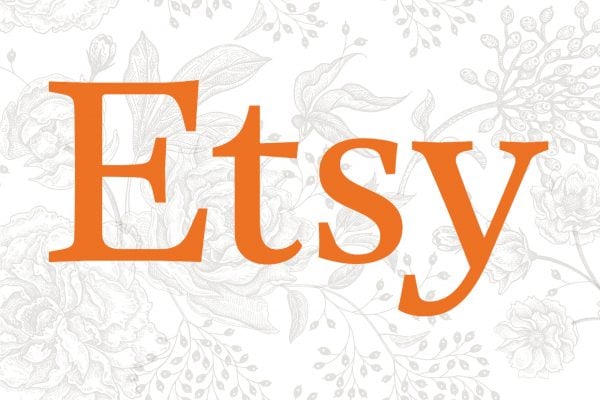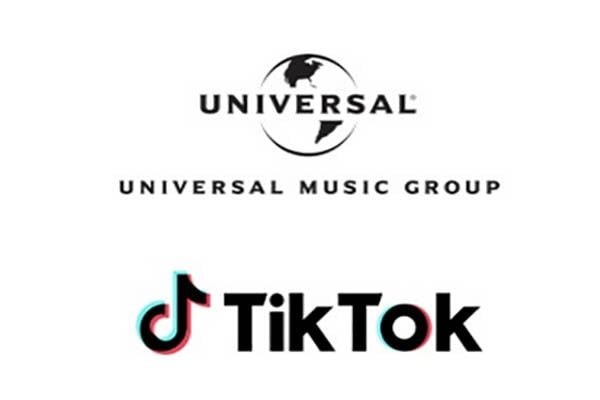 Good news for business sellers, bad news for private sellers – especially those masquerading as a business. As of the 10th July 2012, eBay have just jacked up the maximum . In other words if you’re selling something which goes for more than £400 you’ll be paying more in fees.
Good news for business sellers, bad news for private sellers – especially those masquerading as a business. As of the 10th July 2012, eBay have just jacked up the maximum . In other words if you’re selling something which goes for more than £400 you’ll be paying more in fees.
From now on (July 10th) anything sold by a private seller over £750 will attract the new maximum fee of £75.
There are two ways of looking at this – firstly eBay are gouging on fees as and where they can. There’s nothing wrong with this, they’re running a business just like you and I. However for private sellers with high ticket items to pay they’re not going to be too happy to discover just how much it’s now going to cost them to sell on the site.
From the other perspective business sellers have been paying increased fees which are at the highest level that they’ve ever been. It seems somewhat unfair that if they sell a £1000 item that they’ve been paying around £100 in final value fees whereas private sellers only contribute £40 to eBay’s funds.
eBay do spend zillions on the platform – both in technology and marketing. One can’t help but hope that the extra money from private sellers will go some way towards plugging the inevitable gap in eBay’s budget created by the impending end of free Google Product Search, when they start paying for Google Shopping.








20 Responses
Splendid news.
Quote – “eBay do spend zillions on the platform – both in technology and marketing”
ebay fees are like duties that the motorist pays. A lot of revenue is collected and then it is selectively spent in areas that bear no relation to its source.
In the case of the extra revenue from this fee increase, will it be spent on areas that help private sellers to sell big ticket items, or will it be spent on areas that benefit the large outlets?
What actually does ebay need to spend zillions on?
It occurs to me that for a platform that is intended to be fully automated, the more ebay automate, the more staff they employ!
In business is it not normal for the reverse to be the case?
And then fees can actually be reduced.
Quote – “One can’t help but hope that the extra money from private sellers will go some way towards plugging the inevitable gap in eBay’s budget created by the impending end of free Google Product Search, when they start paying for Google Shopping.”
Why do ebay need to spend zillions on marketing?
Surely by now every man, women, and their dogs, have heard of ebay? If they have not used ebay by now they never will. Why is google so important to ebay? If google start charging then ditch google! Let google sweat.
eBay may find that life after google is actually better.
Is this marketing spend simply spend for spend sake becuase it is “the done thing”?
Is there any evidence that the marketing spend is cost effective and generates increased revenue for sellers?
All it seems to do is act as a catalyst for an excuse to jack up fees.
Re marketing. Even marketing a ubiquitous brand is essential. See also Coca Cola, Tesco and the like.
And eBay are quite fastidious about their marketing spend. Scientific. They will know exactly what money spent where works, seek to maximise ROI and drop what’s not working hard. Keyword optimisation on Adwords, being a classic example, or banner advertising across the web.
I think sellers would see an immediate decline in sales if eBay stoped marketing altogether.
If anyone thinks a site can drive traffic without marketing I would suggest taking a look at eBid.
They have a pot of £50 for the life of a seller to spend on technology and marketing. Up until now they’ve relied on Google Product Search (Free) and managed a trickle (at best) of sales for sellers. Once Product Search goes and Google Shopping (paid for!) comes in I don’t quite see how they’ll manage to survive! They certainly have no budget to drive traffic.
In the case of eBid there is nothing to stop an ebid store owner marketing their own niche products on offer and paying for their own marketing directly.
Same of course for those who have an ebay store.
The real issue with ebid is not the marketing but the simple fact that they don’t have the systems that a business demands to cope with large numbers of sales and for that reason will remain a site for the hobby part time seller only.
Difference is ebay are taking 10% of the turnover each month out of which a small chunk is used for general marketing which is mainly of benefit to the outlets.
Now that can buy a massive amount of targeted niche marketing for a website or ebid store owner.
I have absolutely no objection to ebay spending my fees on the marketing of my products. The objection I have is that ebay are spending my fees on the marketing of the products within other catagories.
If they said to sellers in my catagory that they would devote 3% of all fees paid within the catagory (and came up with hard figures – my guess is they would have a minimum of £1m for my catagory) to targeted advertising in niche magazines, placement on niche websites, stands at shows and so on then I would be a happier bunny than I am about this.
But then of course we have to contend with “off ebay” links around listings to competing “off ebay” sellers but that is another story and somewhat defeats the purpose of the marketing spend in the first place!
i would object to a customer telling us how to spend the profit from a sale, ?
Interesting point. Are we customers or stakeholders?
Ebay’s future is our future.
ebay know how to run their business an awful lot better than I do
A good niche marketplace can sell itself I think: once it is known as the place where widgets sell, it can be almost automated. There’s little need to drive traffic to a site if it is the best for buying and selling a product.
Ebay was first, so customers had to do a lot of the work of suggesting size catetories for shoes and models for cars. Now I’m hoping someone else will step-in and write the perfect selling platform for dragons, or crockery, or lawnmowers, or whatever the product is. They’ll have fees from customers to spend on the market, as well as fees from advertisers.
Until this happens, ebay is running a natural monopoly as the place where any particular product is likely to sell best because this is the largest best organised market. The fees are a fee for being the monopoly.
we see ebay charges as a way to make money not as a hurdle or a fee
Agreed that size isn’t everything.
On the other hand, ebay with all its size probably doesn’t sell as many books as Amazon because they were good at the technical detail of knowing all the ISBN numbers and trying to show a cover photo and any other detail for each one, even if you don’t upload it yourself. As a buyer, you see all the ads for that ISBN number together too.
Agreed that ebay is good. Taking my dragon example, it probably has a sales category of dragons categorised by country of origen, wing length, whether fire-breathing or not, and distance from buyer which are just what you want to know if buying or selling a dragon.
My only grumble is that I’m not very good at setting-up rivals and I hope somebody else does. Take crockery. Valuers on the antiques roadshow know all the croc factories in the UK and europe since croc factories began and can put a rough value on any plate you show them. A market that had these categories and bits of info built-in would be a great place to sell your 1790s Royal Doulton or your 2012 Asda basics. I hope somone sets-up a market like this, because, as you said, it isn’t just size that attracts traders. It’s the ability to sift information about the trade.
Antique experts and auctioneers use historical auction online price databases like Invaluable,etc.
The expert part is having the knowledge and skill to recognise the quality from the vast amount of junk that passes through their hands.Or the vast amount of junk that appears on Ebay.
As for the importance of categories on Ebay.Ebay virtually destroyed the profitable sections of book selling on Ebay(which were the specialist niche ones) by its totally ham-handed generalised categorisation.
I saw the author’s resignation statement on this blog from 2010. I have been with ebay for years, and they have simply taken the path of any healthy corporation by making life difficult for a private seller and giving all the cost breaks to the retail stores. Also every store appears to be Chinese, and even though the seller may “say” they are a USA seller, I am sure eBay does not vet this aspect of any retail store. I will no longer buy from eBay or sell. It is hilarious that eBay banned me, then made me a Top Seller and Power Seller at the same time, then came out with all these new rules which are a direct antithesis to their policy yesterday morning.
I am an engineer , educated, and never have intent to defraud anyone, but according to eBay the buyer, if they are uninformed and don’t ask questions is always right anyway. What a mess eBay has become ! I would love to know how many sellers have quit every week. I have gone to Amazon and Webstore.com, which is fair. It almost appears that eBay is struggling to stay afloat and is very desperate to cover increasing costs, and all of these costs are passed on to the seller. Too much fine print for me. I can also sell in Craigslist.
I must be getting old, for any change which is inevitable is negative change these days. I am so disappointed in the Chinese products I had been forced to nuy because of fair price, for they know us Americans and they have their prices adjusted perfectly, so they know to get a refund cost more than the original low quality, fake products.
Very Frustrated and selling eBay selling equipment on Amazon !!